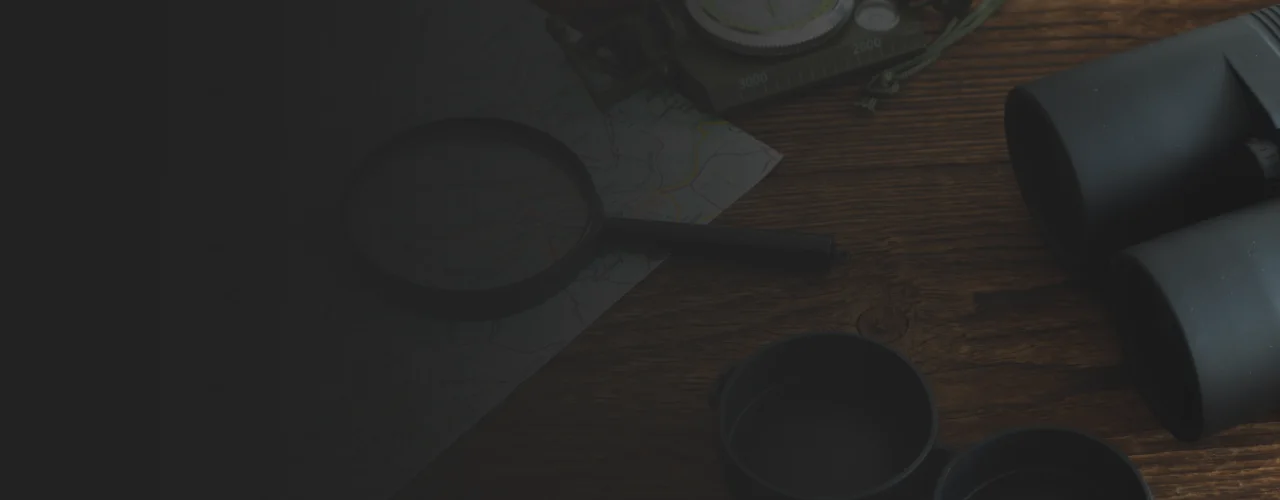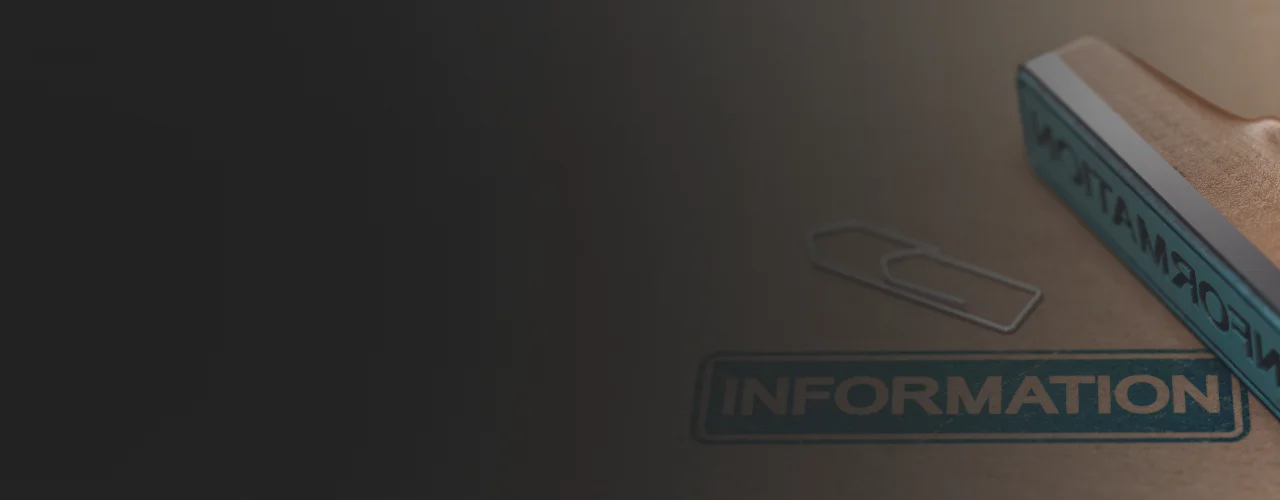News
Online shops: Why buying on account is probably safer than a seal of approval
Online shops: Why buying on account may be safer than quality seals | System Earning money with quality seals at many organisations?
Background to this article. Time and again we receive Invitations from organisations but with a Award to participate in the programme, in which we Present stage can. Then you register and are informed afterwards so that you can take part you must first apply for the paid seal of approval (with annually recurring costs) where everything is scrutinised.
We then reply again and again, why a seal of approval? We offer our customers purchase on account. In our perception, this is more of a fee-based business model to "enrich" online retailers!
In the age of online shopping Trust is the key to success. Buyers look for signs that confirm the seriousness and reliability of an online shop.
Many shops therefore present seals of approval that are awarded by various organisations and supposedly stand for quality and safety.
But are these seals really what they promise, or do they primarily serve the financial enrichment of the exhibiting organisations? In this report we take a look at Critical look at the role of quality seals in online shops and compare them with the payment method "purchase on account", which is considered by many to be the safest option.
What are quality seals and what purpose do they fulfil?
Quality seals are certificates awarded to online shops by independent organisations to certify their quality and reliability. Well-known examples are Trusted Shops (with buyer protection option)TÜV or EHI.
These seals are intended to signal to buyers that the Shop certain standards such as data protection, secure payment methods, fair delivery conditions and good customer service. They should create trust and encourage buyers to shop in a shop.
However, there is a Numerous seals of approval, and not all of them are of equal value. Some organisations have strict criteria, while others apply less transparent or less demanding standards.
In addition, many seals are subject to a fee for the shops, which means that not all reputable providers can afford a seal.
According to Consumer advice centre.de consumers can check the authenticity of a seal by clicking on it to see a valid certificate.
Criticism of quality seals: Marketing or real added value?
Despite their popularity seal of approval has been heavily criticised. A central problem is the lack of standardised criteria. Each organisation defines its own standardsThis makes it difficult for buyers to assess the actual value of a seal.
For example Trusted Shops is often mentioned as one of the best-known seals, but a critical article by Net trends argues that many of the criteria, that a shop must fulfil, are already required by law (e.g. 14-day right of cancellation, clear price information, data protection). The seal could therefore be more of a marketing tool that shops buy for money than a genuine quality indicator.
Another point of criticism is that they can be manipulated. There are cases of shops inventing their own, non-certified seals to suggest trust without offering any added value. In addition, some organisations are accused of not checking their criteria strictly enough or of allowing themselves to be "bought" by shops in order to award the seal.
This undermines the credibility of the seals. According to Consumer advice centre.de there are even counterfeit seals that offer no protection.
Furthermore Seal of approval with costs for the shops, which means that not all reputable shops can afford a seal. According to Idealo.de Shops with seals are considered trustworthy, but the costs exclude smaller, yet reputable providers.
A study by Conversionboosting.com shows that only 24% of customers have a significantly increased purchase intention when a shop carries a seal of approval, which indicates that the The actual influence of these seals is limited is.
| Point of criticism | Description of the |
|---|---|
| Lack of uniformity | Different criteria make it difficult to assess the quality of the seal. |
| Manipulability | Forged or self-invented seals offer no protection. |
| Costs for shops | Reputable shops often cannot afford seals. |
| Limited influence | Only 24% of customers tend to buy from shops with seals. |

HowTo for the seal
Inventing a seal of quality is not difficult. No graphic designer at hand? AI can help!
The advantages of buying on account
In contrast to quality seals, the Purchase on account provides direct and tangible security for the buyer. With this payment method, the buyer receives the goods first and only pays after receiving and checking the products.
This minimises the risk of paying for undelivered or defective goods. Services like Klarna have popularised this payment method and offer additional protection, such as the option of paying in instalments or returning the goods if you are not satisfied, without any payment obligations.
According to a survey by Novalnet the purchase on account is the most popular payment method in online retail, as it represents the lowest risk for the buyer.
Customers can inspect the goods they receive in detail, test them and return them if they are not satisfied, without any financial disadvantages. This offers a clearer and more direct guarantee than a seal of approval, which is often only based on marketing. Purchase on account.com emphasises that buyers do not have to disclose any sensitive bank details, which further increases security.
| Advantage | Description of the |
|---|---|
| Security | Payment only after receipt and inspection of the goods. |
| Flexibility | Return possible without financial obligation. |
| No sensitive data | No disclosure of bank or credit card details necessary. |
| Popularity | Most popular payment method in Germany. |
Comparison: Seal of approval vs. purchase on account
While quality seals aim to build trust by certifying the quality of the shop, buying on account offers concrete financial security.
Quality seals can be deceptive, as their criteria are not always transparent or strict, whereas buying on account is a clear agreement between buyer and seller. In times when online shopping is becoming increasingly popular, buyers are looking for reliable indicators of a shop's reliability.
Whilst quality seals can be helpful, buyers should not rely on them alone. Instead, buying on account offers a more direct and secure method of minimising risk.
An analysis of Consumer advice centre.de shows that many seals of approval do not always offer this, what they promise.
There are No standardised criteriaand some seals are even forged or self-created. In contrast, purchase on account is a standardised and legally protected payment method that directly protects the buyer. According to Unternehmerportal.info the offer of purchase on account also signals the financial strength of the shop, which further strengthens customer confidence.
Risks of buying on account
Despite the advantages, there are also Risks when buying on accountwhich should be taken into account. According to Konsumentenschutz.ch buying on account can become a debt trap, especially if third-party providers such as Klarna are involved.
Customers could Payment deadlines overlooked (but they are responsible for this themselves) and have to pay reminder fees. There are also risks of fraud, such as Onlinesicherheit.gv.at where criminals order in other people's names have been reported. Nevertheless, the advantages outweigh the disadvantages for most buyers, as these risks can be minimised by acting carefully.
Conclusion: Purchase on account as true protection
To summarise, although seals of approval can be useful, they often do not offer the expected protection and are more of a marketing strategy.
The Purchase on account on the other hand, represents a Reliable and secure payment method which represent the Real protection for buyers offers. It is therefore advisable to pay attention to the option of purchasing on account when shopping online and to view quality seals with scepticism.
Even the option of selecting the Purchase on account" option to choose, speaks strongly in favour of the Reliability of the provider - when you consider that the Review (after the shop provider's application for e.g. Klarna purchase on account) until activation is very intensive and time-consuming.
Services such as Klarna have established this payment method, take responsibility and offer additional benefits that go far beyond what a seal of approval can promise.
Interesting collection of links on the topic
- Trusted Shops: The seal of approval that nobody needs
- Trusted Shops, TÜV & Co.: Which quality seals for online shops are reputable?
- Purchase on account - advantages, disadvantages and a tip
- Seal of approval in online shops: You should pay attention to this
- The advantages of buying on account
- Purchase on account: the most popular payment method in retail
- What are the risks of buying on account?
- Purchase on account fraud: Order in someone else's name
- Seal of approval in the online shop - is it any good?
- Seal of approval - Trusted Shops with buyer protection
- Austrian Trade Association Seal of Quality
- Costs Trustmark Austria
- The Austrian E-Commerce Quality Seal














